|
By Paul Molac - Member of the French National Assembly for Morbihan's 4th constituency My colleagues from the majority, Christophe Euzet and Yannick Kerlogot, yesterday gave to the Prime Minister, in the presence of the Minister of National Education, their report on the teaching of regional languages. Following the speech by the President of the Republic, I note with interest that the fate of the teaching of our languages in France is now on the table at the highest summit of the State. It is therefore now up to the executive to assume its responsibilities in this area and to legally secure immersive education. My two colleagues recognize the very delicate situation in which we find ourselves following the decision of the Constitutional Council of 21 May. I am surprised, however, at the timidity of the proposals, which are far removed from what is necessary to ensure the legal security of the immersion teaching method. Only a constitutional revision procedure will make it possible to definitively secure the immersive teaching of our languages. I do not understand why this proposal is judged by the rapporteurs as “undesirable”. In fact, more than 140 parliamentarians, including a very large majority of the opposition, have already joined in the letter that I sent to the President of the Republic asking for this revision procedure to be initiated. This proves that getting a majority between the Assembly and the Senate is possible. We proved it during the parliamentary discussion where it was the Senate that introduced the article concerning immersion. We still have six months of parliamentary work left, which is more than enough time to vote on a referendum law. It’s all about political will. Also, upon reading the proposals, I am worried about potential setbacks in the pedagogy carried by immersive education networks including Diwan. In particular the proposal to change pedagogy in order to cut back on teaching in the regional language in kindergarten. This would be a regression compared to a 50-year-old pedagogy, which has proven itself, with regard to the mastery of the French language as well as the regional language. I do not believe either in the relevance of a committee named “National Council for the teaching of regional languages” directed from the senior administration of the Ministry of National Education, where the public offices of regional languages already work in synergy. with the regions and the State. This kind of committee has already existed and has had no effect. We can expect that the Prime Minister, when he meets the associations concerned as he had promised, will hear their concerns in person, which should not be diminished with the publication of this report.
0 Comments
The United States has relaxed its warning to travelers wishing to travel to several countries, including France, citing a change in the consideration of the risk associated with Covid-19. This easing comes as the European Union decided to allow entry to American travelers vaccinated against Covid for the upcoming summer months. So you can travel to France, but where should you go? 5 Reasons To Visit Brittany, FranceSo you've been locked up for months and are ready to travel the world. Pick a path less travelled that can delight your senses and taste buds while offering a unique cultural perspective in a world that is looking more and more the same. Here are 5 reasons to take a major detour from your scheduled plans and sail away to Brittany! Seafood From Brittany is Next LevelSeafood in French is called "fruits de mer" which translates to "fruits of the sea." In Brittany, you'll find Palourdes, Tourteaux, Langoustines, Bigorneaux noirs, Bulots, Coquilles Saint-Jacques, Huîtres, Moules, & Ormeaux. Don't worry you won't be able to pronounce them, but you definitely need to try them all. But did we mention that the lobsters were BLUE? The Breton lobster is the most sought after by gourmets. The quality of its flesh and its unique flavor make it an exceptional dish! Buying Breton lobster is therefore being sure to consume a prestigious product with an exceptional taste, but also 100% natural and low in calories. Brittany Has Amazing RocksIn the Morbihan, you'll find more than 550 megalithic sites some over 7000 years old. The megalithic site of Carnac, the most famous in the region, remains a mecca of European prehistory. Called menhir in Breton language, they have stood the test of time for thousands of years but the why and how of menhirs has been lost. Many theories remain from being created for elaborate religious ceremonies, as burial sites, or even to communicate with aliens. Walking among the giants of Carnac with their imposing size and perfect alignment offers a spiritual experience that lets you take a step into another age and time. The Only Celtic Language on Continental EuropeSeafood, beaches, and standing stones are nice but the reason Brittany is unique is because Bretons are the only people on the planet that speak Breton language. Brezhoneg is a Celtic language that has more in common with Irish and Welsh than French. A written language older than French, Breton has survived the centuries but is now deemed to be severely endangered by UNESCO. Though few Breton still speak it, the language lives everywhere in the landscape of Brittany from place names, last names, desserts, and in the spirit & soul of Breton music and dance. If restrictions allow, a must attend for any tourist is a fest noz (night party in breton) which will have your pulse racing as you dance the night away and wash it all down with a breton brewed beer. Recently France's Constitutional Council struck down a bill allowing schools to teach the majority of the day in minority languages such as Basque, Breton and Corsican, saying the plan was unconstitutional. Come to Brittany before the French government succeeds in making Breton language extinct. Become a Beach Bum in BrittanyCome for the seafood, stay for the beaches. Brittany is a peninsula, it has France at its back and sticks out into the Atlantic pointing the way to America. Totaling over 1,772 km, the Breton coast represents a third of the total length of the French coast. It is a land with a remarkable variety of coastal landscapes from epic rocky coasts, beautiful sandy beaches, getaway islands, to salt marshes. At times the crystal blue water will make you think you are in the Caribbean but the chilly Atlantic will quickly freshen up the soul. If you are a water sports fanatic Brittany has you covered with surfing, sailing, paddle, kite and wind surfing. The Walls of St Malo, Quimper, VannesBuilt to keep invaders out, the remparts of the cities St Malo, Quimper, and Vannes now bring people in waves for the history, the strolls on cobblestone streets, and to take a bite of real Breton crêpes. Pirates, corsairs, knights, and dukes have made way for the instagrammers in all of us, so snap away and share it with the world. Bonus : the Tour de France starts in BrittanyStarted in 1903, the Tour de France has been criss-crossing French roads every summer since on very high priced bicycles, a lot of spandex, and massive roadside crowds all in search of the yellow jersey.
This year, Le Tour kicks off in the city of Brest and stays in Brittany for 4 days. By Paul Molac - Member of the French National Assembly for Morbihan's 4th constituency The bill relating to the protection of regional languages and their promotion, which I was defending, was definitively adopted by a very large majority this Thursday, April 8 in the National Assembly as part of the parliamentary day reserved for my group, Libertés et Territoires. This is the first law devoted to regional languages definitively adopted under the Fifth Republic. This historic victory is due to the unprecedented mobilization of associations, educational networks and thousands of volunteers in all our territories who are committed to preserving this wealth which belongs to all of humanity. The determination of the deputies on all benches, and in particular of the majority, to adopt this bill in conformity with the outcome of the Senate is the symbol of the wide awareness of the need to save these regional languages in danger of dying out. The purpose of this law is to enhance the protection, accessibility and visibility of regional languages in three areas: First of all in heritage, by recognizing that regional languages belong to France’s intangible heritage in order to be able to better protect them. Then in public life, by legally securing the display of regional language translations on inscriptions and public signs, as well as the use of diacritics from regional languages in civil status documents. We all remember the story of this Breton baby named Fañch, who had to go to the Court of Cassation to have the right to keep his tildé on the letter N. Finally, in education, where we have now made significant progress, and in particular for the recognition of teaching by immersion in the regional language in public schools, as well as to make effective the payment of the school fee (forfait scolaire) for students. associative schools such as Diwan. Likewise, this law will make it possible to extend the possibilities for offering regional language education in public schools, so that as many establishments as possible can offer this education. April 8 is a historic day for advocates of regional languages and I hope a turning point in the relationship between the Republic and its linguistic diversity. La région métropolitaine de New York est le centre urbain le plus diversifié sur le plan linguistique au monde, probablement dans l'histoire du monde. Sur la base d'une décennie de travail, Endangered Language Alliance a cartographié quelque 650 langues et dialectes sur plus de 1000 sites importants dans la région, y compris des quartiers, des institutions communautaires, des restaurants et d'autres endroits où il y a ou était au moins un locuteur. Il s'agit de la première carte détaillée de la ville produite par un linguiste. La carte a été publiée en décembre 2019 - cité dans Time Out, Gothamist et ailleurs, et notée dans le New York Times - pour coïncider avec l'Année internationale des langues autochtones organisée par l'ONU et la préparation du recensement critique américain de 2020. La carte s'engage à représenter un grand nombre des langues plus petites, minoritaires et autochtones qui sont principalement orales et qui n'ont ni visibilité publique ni soutien officiel. Il représente l'effort continu d'ELA pour s'appuyer sur toutes les sources disponibles, y compris des milliers d'entretiens et de discussions, pour raconter l'histoire continue des nombreuses langues et cultures de la ville. Les modèles qu'il révèle - le regroupement des langues ouest-africaines à Harlem et dans le Bronx, un microcosme de l'ex-Union soviétique dans le sud de Brooklyn, la diversité multilingue des langues asiatiques du Queens, pour n'en nommer que quelques ville où un seul bâtiment ou bloc peut accueillir des locuteurs de dizaines de langues du monde entier. Le Breton dans le Queens et le West SideQueens, NY est un quartier où se sont installés de nombreux immigrés bretons. A tel point que lorsque la Endangered Language Alliance a dressé la carte des milliers de langues menacées parlées quotidiennement à New York, elle a ajouté le breton dans le Queens. Has there ever been a better time to learn a new language? The global pandemic and the social distancing that comes with it have lead many to add virtual learning into their daily lives. Now is your chance to learn the Breton language from home with virtual training sessions in English. Learn the Breton language in English from the comfort of your own home over the next year with a new program developed by Skol an Emsav. Skol an Emsav, based in Rennes, is a non-profit organization that has promoted the Breton language for adults for the last 50 years. They specialize in full-time training courses for the professionals, as well as weekly classes for the general public. With over 10 years of experience with online training, they decide that the time was right to offer a new program for English speakers. Breizh Amerika is partnering with Skol an Emsav to help get the word out to everyone in the world. If you are a Breizh Amerika member you even get a discount when you sign-up for the course! 💪 SKOL AN EMSAV - WEEKLY ONLINE CLASSES From September 2020 - June 2021 Duration : 30 weeks Course duration : 1h30 per week Cost for year : 200€ Breizh Amerika member : 10% discount Every week for an hour and a half over the course of 30 weeks you will be learning the basics of the Breton language through active teaching methods. An emphasis will be put on adapting Skol an Emsav's experience to your needs all year long. You will have your level recognized at the end of the year through the European language scale. The course will teach you how to introduce yourself, to speak about your family and your surrounding environment. More importantly, you will be having fun doing so! What is Breton language exactly anyway? For starters, Breton has nothing to do with French which is a Latin language. Breton is most similar to Welsh, Cornish, and Irish because it is from the Celtic language family tree. Breton was brought from the British Isles to what is now Brittany by migrating Britons during the Early Middle Ages, Since then, the language has been at the heart of the culture and traditions of Brittany, even while the French government has tried its best to make it go away. Those persistent efforts from French authorities has seen the number of Breton speakers decrease from over 1 million in 1950 to under 200,000 today. Breton is now classified as "severely endangered" by the UNESCO Atlas of the World's Languages in Danger. The grassroots work to create Breton language immersion and bilingual programs by locals in Brittany has been successful, and there are now as a result nearly 15,000 children learning Breton everyday. Now is your chance to learn a very cool celtic language from anywhere in the world. Why does it make sense to learn another language? 1. Give your brain a boost! 🧠 Breton is over a thousand years old and has its own intricate system of rules, structures, and lexis. Our brains like to be challenged and cope with complexity as it makes sense of and absorbs new patterns. Learning a new language helps develop cognitive thinking and problem-solving. The collective evidence from a number of such studies shows that the bilingual experience improves the brain’s so-called executive function — a command system that directs the attention processes that we use for planning, solving problems, and performing various other mentally demanding tasks. 2. Improve Memory & Multi-Task like a pro! 🤓 Learning a new language is like a workout for your brain. Jumping from one language to another and thinking in a different language helps sharpen the mind making us better multi-taskers. Studies have also shown that bilinguals may have a resistance to the onset of dementia, being diagnosed, on average, 4.5 years later than their aging monolingual peers. This may be due to the additional white matter bilingual speakers in the prefrontal cortex. White matter is made of nerve fibers and is a component of the brain that connects and carries signals between different regions. It appears that we can state that speaking multiple languages creates a more “connected” brain. 3. See the World Differently! 🌎 Being multilingual offers the advantage of seeing the world from different viewpoints, enhancing our ability to communicate in today’s globally connected world. Language learning gives us a sneak-peek into different worlds and cultures allowing us to be more flexible and appreciative of other people’s opinions and actions. When you learn the Breton language, you will not only get the change to discover a new culture, history, and people - you'll also get the chance of viewing the world with a Celtic lens. Beaucoup de gens croient que l’affaire Fañch, c’est à dire l’acceptation du tilde sur le n du prénom breton dans l’état civil français est une affaire classée. C’est totalement faux. Depuis Mai 2017, l’affaire Fañch a déclenché une tempête juridique et médiatique démesurée qui a largement dépassé les limites de la Bretagne. Fañch, c’est ce petit garçon né à Quimper à qui on a donné le nom de son grand-père. Mais le fait d’inscrire le tilde sur le n dans l’orthographe bretonne conventionnelle a déclenché les foudres de la justice. Le tilde menace « l’unité du pays » selon la juge de première instance de Quimper. « Le tilde n’est pas inconnu de la langue française » réplique la Cour d’Appel de Rennes. La cour de Cassation prétexte un vice de forme pour ne pas se prononcer. En 2020, l’affaire continue à mobiliser les hommes politiques bretons qui doivent franchir d’innombrables obstacles pour faire admettre l’évidence : le breton est une des langues de France et son orthographe doit être respectée quant au tilde il est bien utilisé dans la langue française depuis plus de mille ans. Bernez Rouz, président du Conseil Culturel de Bretagne a été un des premiers à produire des arguments convaincants sur cette affaire hors norme, en faisant appel à l’histoire des langue s française et bretonne mais aussi aux plus élémentaires droits de l’homme, aux droits linguistiques et culturels. Une affaire Fañch aux USAL’affaire Fañch est suivie de près par les média espagnols, portugais et basques. Car l’acceptation du tilde comme signe diacritique de la langue française signifierait la fin de l’ostracisme envers les prénoms et noms d’origine ibérique. L’affaire concerne aussi les États-Unis car la majorité des états n’acceptent que les signes diacritiques anglais, d’autres par contre acceptent d’autres signes diacritiques dont le tilde. Si 17,6 % des Américains sont d’origine hispaniques, certains états comme le Nouveau Mexique, le Nevada, l’Arizona dépasse les 30 %. Le débat fait rage en Californie ou l’Anglais est langue officielle de l’état depuis 1986. José Medina, un parlementaire hispanique a fait voter une loi pour reconnaitre le ñ dans les documents officiels par 69 voix pour et deux contre. Le gouverneur a jeté son veto sur cette loi, le 10 septembre 2017, c’est à dire au même moment que la décision du juge de Quimper. Cette fois ci ce n’est pas l’unité nationale de la Californie qui est en jeu mais un problème financier car il faudrait parait-il changer le système informatique d’enregistrement. C’est exactement le même argument qu’a avancé notre bien nommé ministre Nuñez devant le sénat. José Medina avait pourtant bien précisé que dans sa loi, tous les signes diacritiques étaient présents sur les claviers d’ordinateur, et ne demandaient donc aucun changement de matériel. Tous les arguments développés par le député californien sont en ligne. [Lire plus] Ils peuvent être repris mot pour mot pour défendre notre identité en respectant les prénoms d’origine, et l’orthographe des langues de France. Le tilde est un combat sans frontière ! 💪 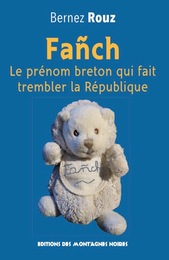 FAÑCH : LE PRÉNOM BRETON QUI FAIT TREMBLER LA RÉPUBLIQUE Depuis mai 2017, l'affaire Fañch a déclenché une tempête juridique et médiatique démesurée qui a largement dépassée les limites de la Bretagne. Fañch, c'est ce petit garçon né à Quimper à qui on a donné le prénom de son grand-père. Mais le fait d'inscrire le tilde sur le "n" dans l'orthographe bretonne conventionnelle a engendré les foudres de la justice. A young couple from Brittany, France could never have imagined the Breton name they'd chosen for their newborn would create such a judicial firestorm. The use of the name "Fañch" was banned in September 2017 by a tribunal in Quimper stating that the letter "ñ" was incompatible with French law. This initial ruling was brought to a court of appeals by the parents this Monday in Rennes, where the French "avocat général" sadly recommended confirmation of the prior judgment in Quimper. Brittany, the western most peninsula of France, has long had a tradition of un-French sounding names and places names due to the extensive use of the Breton, a celtic language native to the area. French policing of names has lighted since a court ruling in the 1966 allowing Breton names to be officially used administratively. The court ruling in Quimper on September 13, 2017 was surprising to many as Breton names have become very popular throughout Brittany. The bewildering ruling forbid the use of the letter ñ stating, ""would be tantamount to breaking the will of our rule of law to maintain the unity of the country and equality without distinction of origin"*. The letter ñ is common in Breton language but also Spanish, Basque, Galicien, Asturien, Guarani, Tagalog, Hassanya, and Wolof. The court's ruling also stated that ñ was not part of the French language, a reason for it not being used in names. A theory debunked a few days later by Bernez Rouz, President of the Culture Council of Brittany, when he presented numerous official French documents highlighting the use of the letter ñ for centuries, proving it in fact to be part of French orthographic tradition. Following today's appeal the case has been taken under deliberation and a final decision will be rendered on November 19. "We hope for a positive outcome so we can write our son's name as it should," Fañch's mother has stated. "This fight also means defending our heritage, our regional language." Breizh Amerika is partnering with Rising Voices and our friends at the Living Tongues Institute, First Peoples’ Cultural Council, Indigenous Tweets, Endangered Languages Project, and the Digital Language Diversity Project to use social media to promote and celebrate linguistic and cultural diversity on the internet. In celebration of UNESCO’s International Mother Language Day 2018, we invite you take part in this new and fun challenge to take place February 14-21, 2018! Mother Language Day was founded to promote and celebrate linguistic and cultural diversity around the world, with a special emphasis on indigenous, minority, heritage, and endangered languages. Your Challenge: Join the movement and participate by creating an original meme in your mother language, add a hashtag, and share with others around the world. [More info] Dedeadenn meme ar yezh vamm
Kas war-raok ha lidañ liesseurted ar sevenadurioù hag ar yezhoù war internet dre ar mediaoù sokial. Pedet oc’h da gemer perzh en dedeadenn nevez ha plijus-se, etre ar14 hag an 21/02. Lidet vo Devezh Etrebroadel ar Yezh Vamm 2017 an UNESCO d’an 21/02 da zont. Krouet eo bet Devezh ar Yezh Vamm evit kas war-raok ha lidañ liesseurted ar yezhoù hag ar sevenadurioù dre ar bed a-bezh, en ur lakaat ar pouez, dreist-holl, war ar yezhoù bro, minoret, kontet evel glad, hag a zo en arvar. An difi : Deuit ‘barzh ar jeu ha kemerit perzh en ur grouiñ ur meme dibar en ho yezh vamm deoc’h-c’hwi, ouzhpennit un hashtag hag eskemmit buan hag aes gant tud all dre ar bed a-bezh. |
Categories
All
Blog Archives
June 2024
Breizh Amerikais an organization established to create, facilitate, promote, and sponsor wide-ranging innovative and collaborative cultural and economic projects that strengthen and foster relations and cooperation between the United States of America and the region of Brittany, France. |
Copyright 2014 - All rights reserved - Breizh Amerika - Privacy Policy
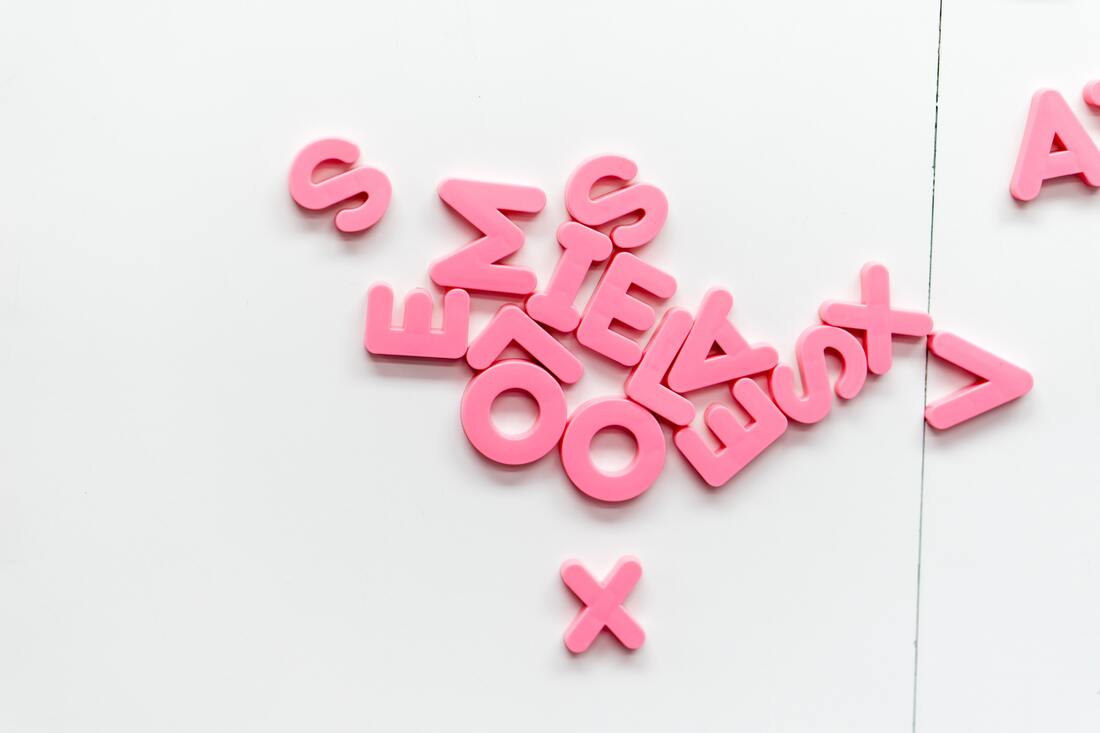
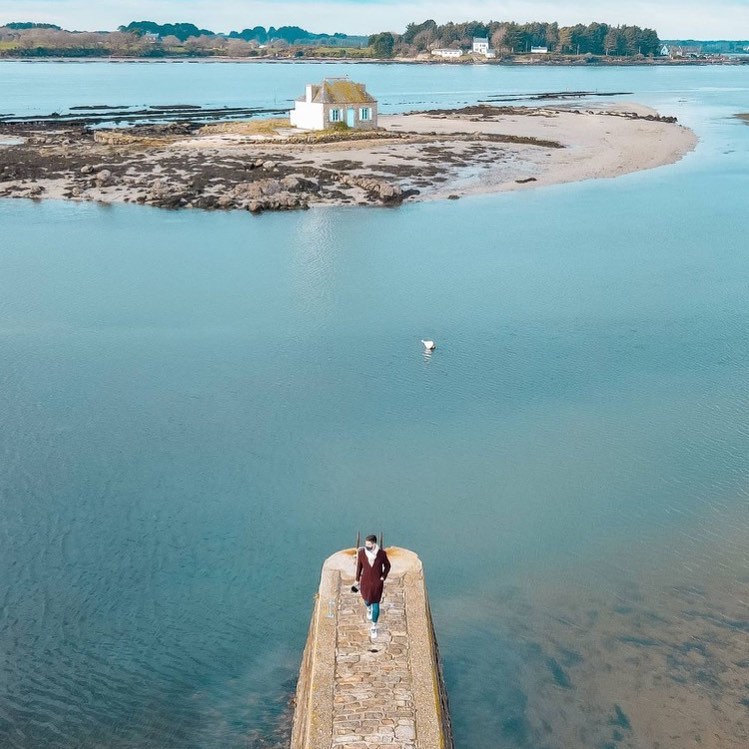

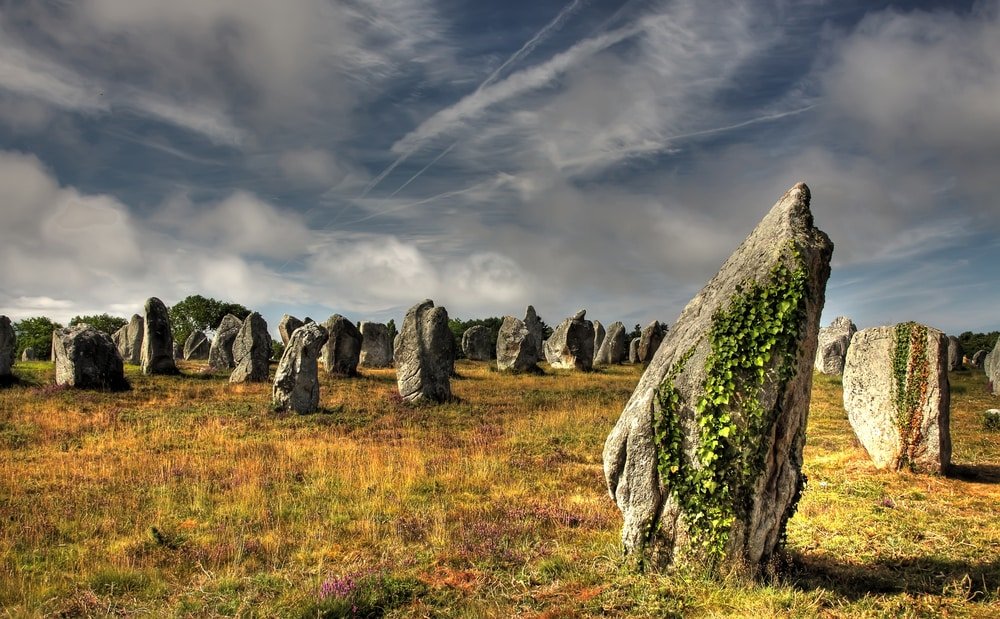

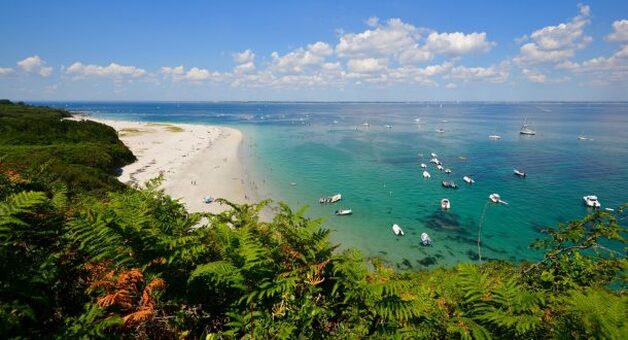
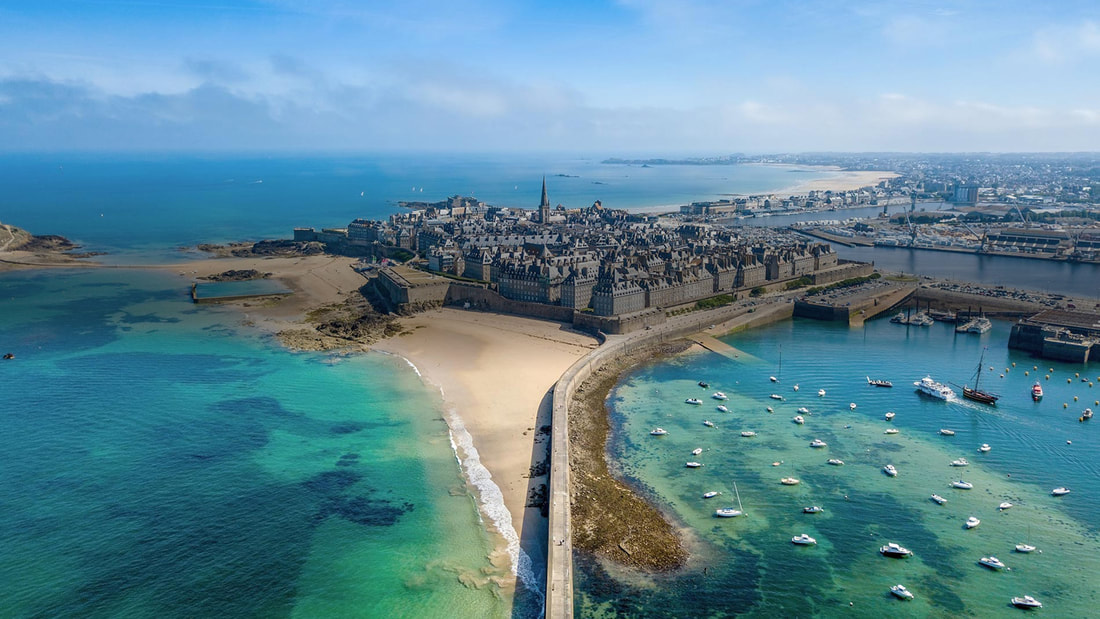
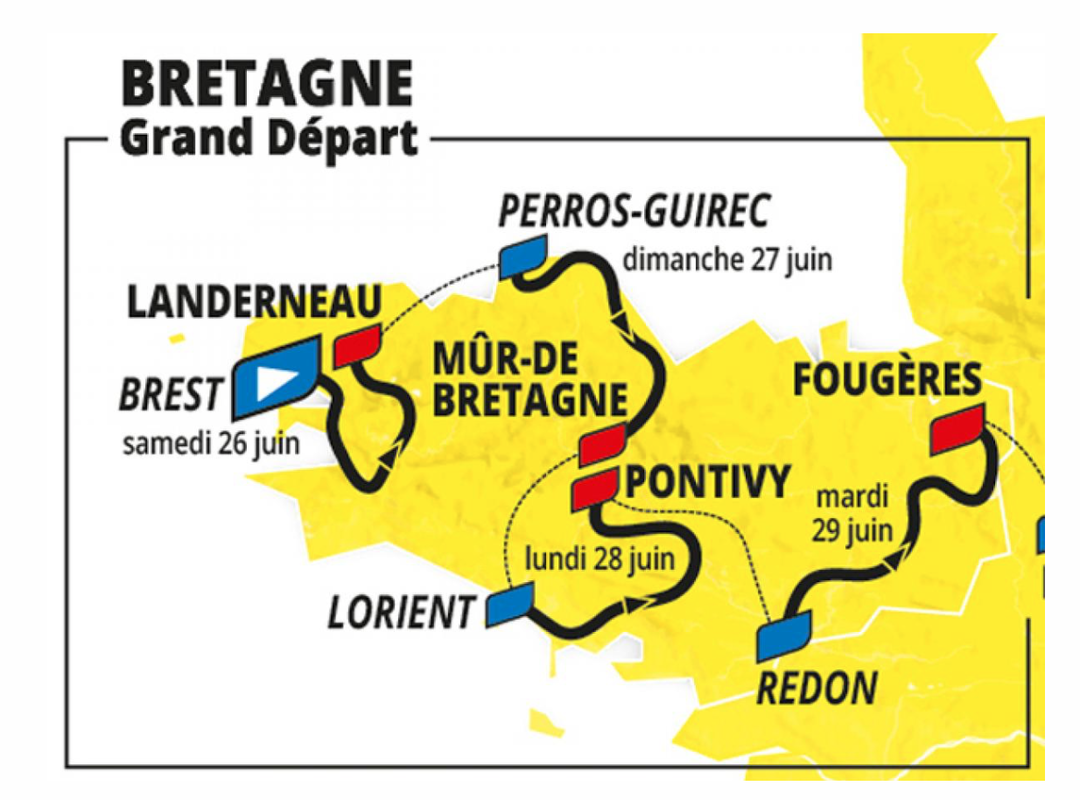

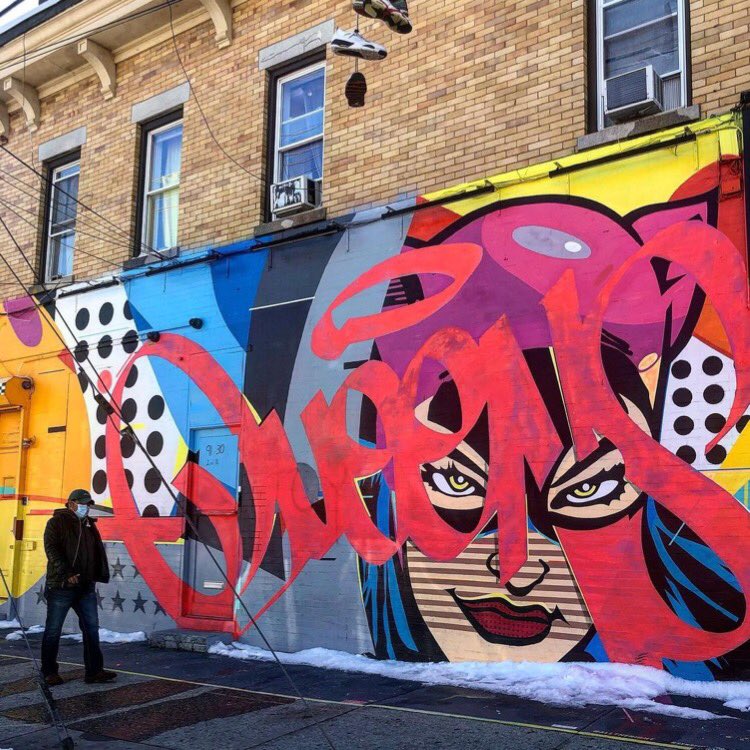
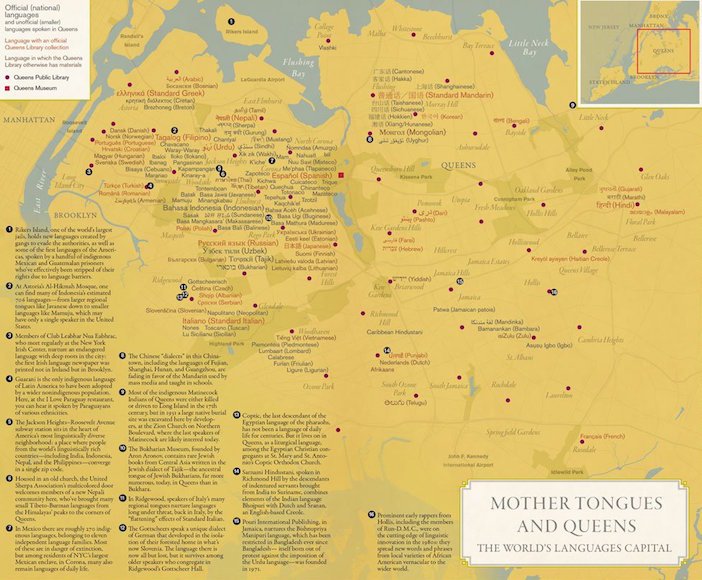
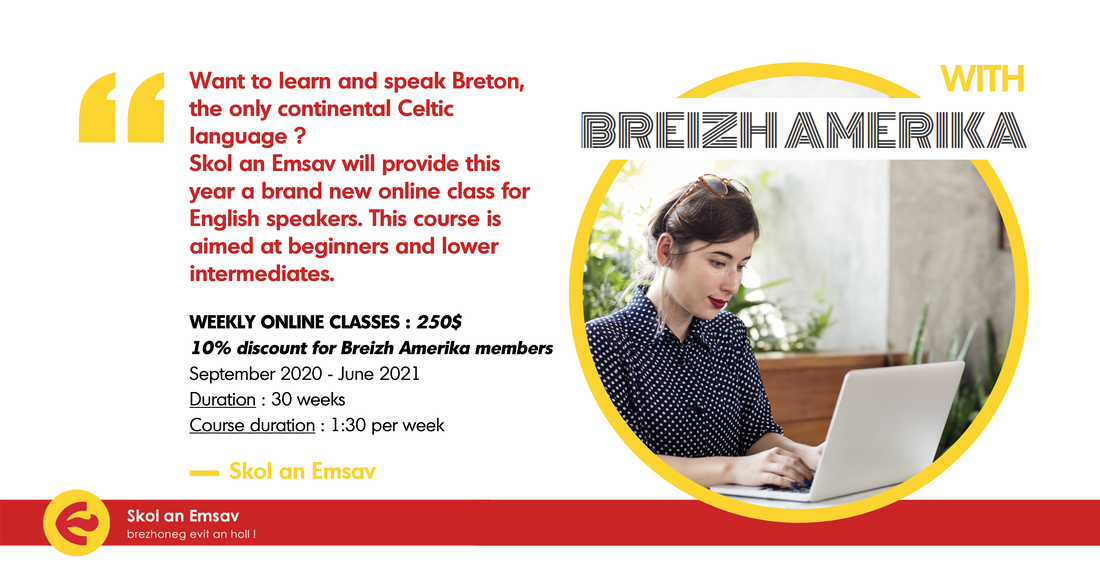
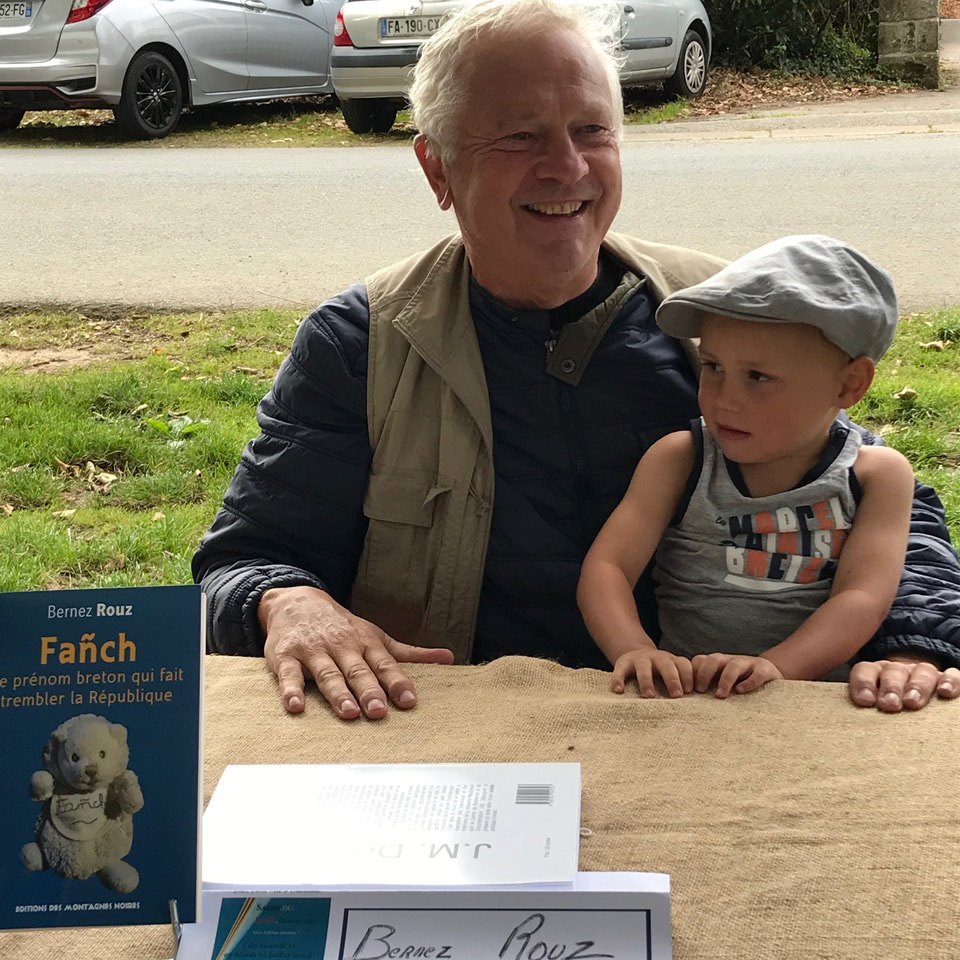
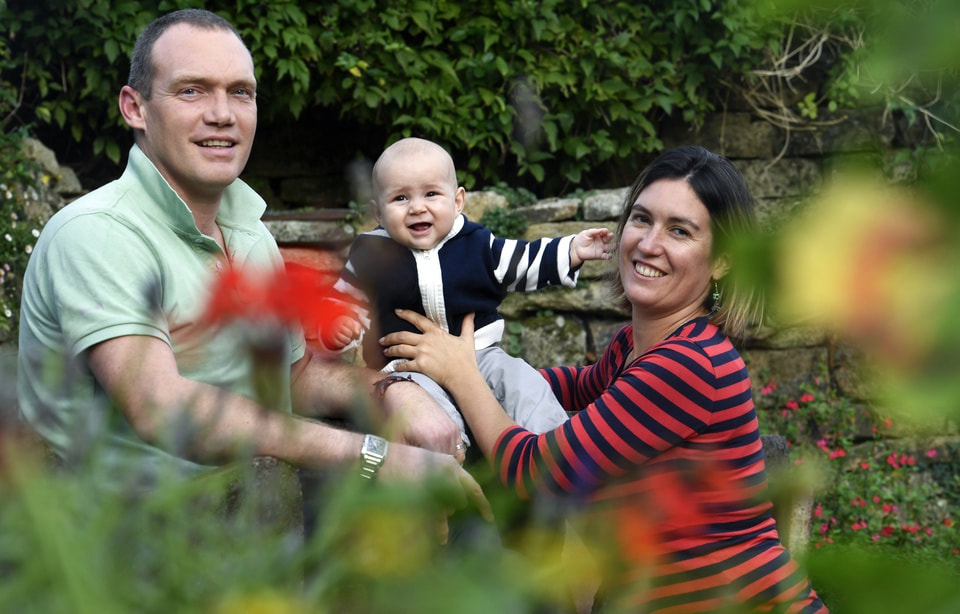
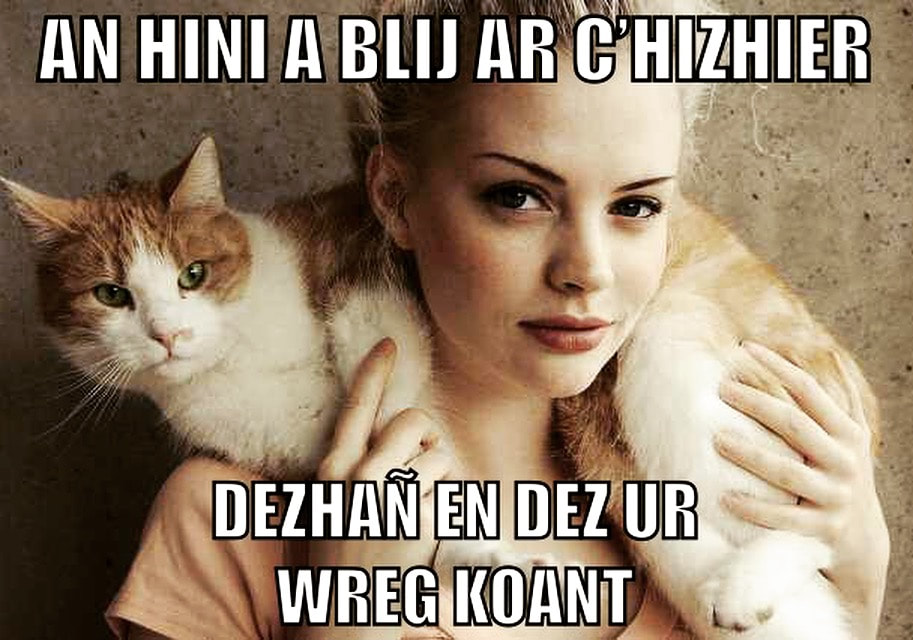
 RSS Feed
RSS Feed

